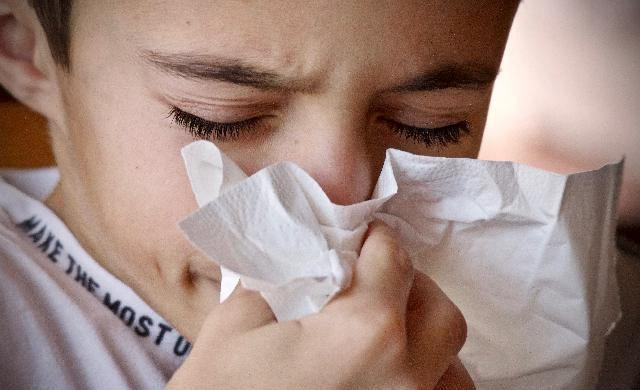
By September 16, 2020
A runny nose during a pandemic can be worrisome since COVID-19 has similar symptoms. While it’s essential not to panic over your symptoms, lack of knowledge in distinguishing the difference between seasonal allergies and COVID can cost lives. In this article, we’ll discuss the symptoms that separate COVID from seasonal allergies.
The flu-like symptoms of COVID-19 make us suspicious at every sneeze or cough. However, the similarities between COVID and allergies are not limited to those symptoms that’s why it’s easy to mistake a simple allergy as coronavirus. These two conditions share the following symptoms:
Seasonal allergies occur when a person’s immune response mistakes a certain allergen as the body’s enemy. The immune system will overreact to the allergen in the form of inflammation. The nasal and sinus cavities become inflamed and filled with fluid that causes congestion.
The nose will then produce more mucus as a defense mechanism to contain the mistaken ‘foreign invader’. When the person lies on his back, the mucus can drip to the throat that can trigger a cough. Headache also comes with nasal congestion due to sinus pressure.
Allergy is a sign of a weak immune system and develops from various causes like pollution, age, and underlying medical conditions that affect the immune system. Specific symptoms of seasonal allergies include constant sneezing and watery eyes.
COVID-19 or Coronavirus Disease is a contagious respiratory infection that targets the lungs. Anyone can be infected but the symptoms and complications are worse for the immunocompromised.
The early symptoms of COVID are mild, and if the person has a strong immune system, he can be asymptomatic to the disease or show no signs of infection. The following are symptoms of COVID-19 but not of seasonal allergies:
Allergy is a condition that results from the unusual response of our immune system to certain substances. Therefore, the inflammation involved is part of our biological process and allergies are not a condition that can be cured. It can only be managed with lifestyle changes and antihistamine medications.
It’s important to know how to manage your allergies because it can progress into a life-threatening condition called anaphylaxis. Here are some tips to help you manage seasonal allergies:
Our pharmacists can suggest over-the-counter antihistamines and decongestants that can work for mild allergic reactions. You can get your allergy medications at the nearest Carolina Pharmacy near your area. We have branches located in Charlotte, Lancaster, and Rock Hill. To learn more about our prescription refills and transfer services, you may contact us at 1-833-MY-PHARM.